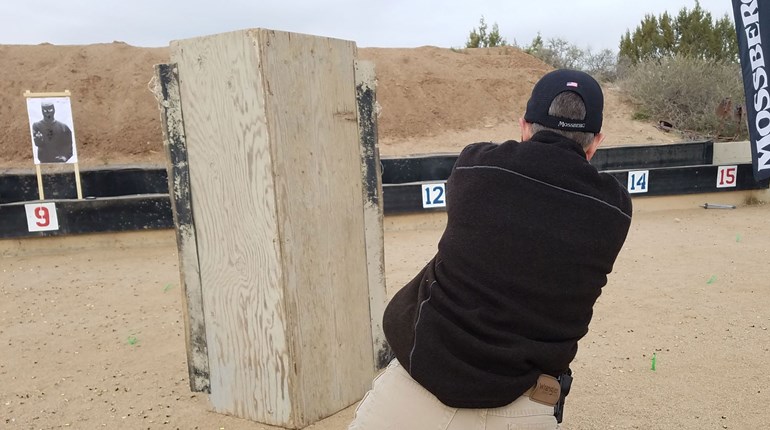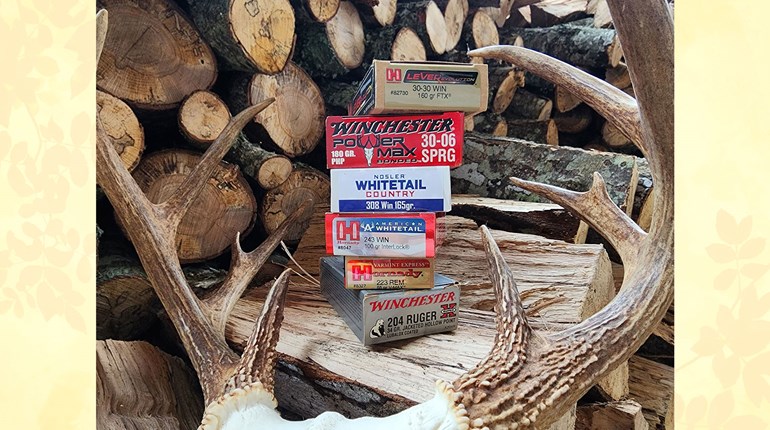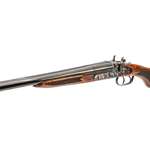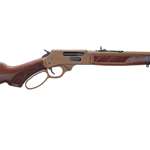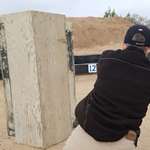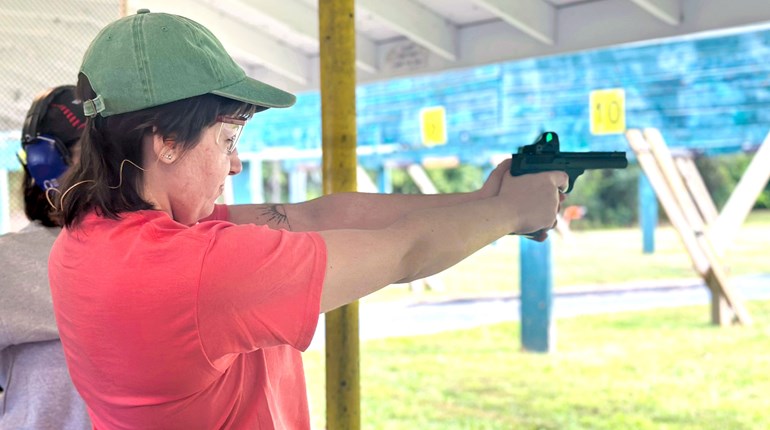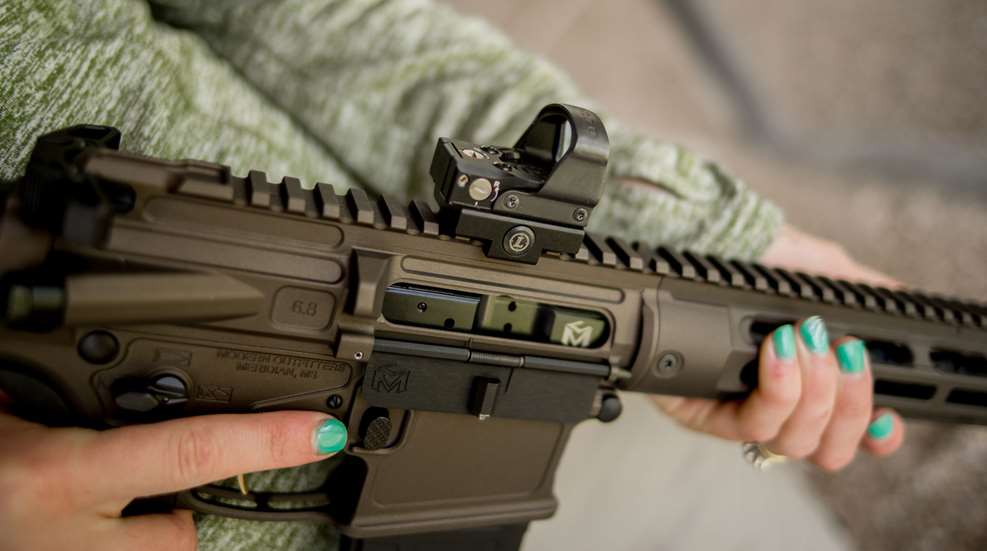
America’s most popular semi-automatic rifle, the AR-15, uses the gasses produced at the shot to cycle the gun’s action. How exactly that happens depends on how the gun is designed: as a direct-impingement gun vs. a gas piston gun. What’s the difference?
When you pull the trigger and the bullet starts down the barrel, it’s followed by all the expanding propellant gasses that were created by the little explosion caused by the gunpowder in the casing being ignited by the primer spark. Partway down the barrel, the bullet passes the gas block, and this is where DI and gas pistons diverge slightly.
In a direct impingement gun, some of that gas passes through a small hole in the top of the bore and gets routed through a gas tube back to the bolt carrier group—it’s essentially a loop back to near where the bullet started. The gas hits the bolt and pushes it backward, cycling the action.
In a piston gun, that gas still gets routed up and into the loop, but rather than going all the way back to the bolt, it strikes a piston or an operating rod, pushing it backward. The rod or piston then pushes into the bolt carrier group, cycling the gun. So in a DI gun, the gas pushes the bolt. In a gas piston gun, the gas pushes a piston that then pushes the bolt.
Which is Best?
There’s no better or worse here; only trade-offs.
Weight: Direct impingement guns are lighter because they have less metal (about a pound lighter on average than a gas piston gun).
Cost: Fewer moving parts makes DI guns cheaper to produce.
Cleanliness: Direct impingement guns run hot and dirty, because all that gas is getting pushed right into the moving internal parts. Gas piston guns run considerably cleaner, and consequently, the parts can sometimes last longer.
Reliability: Gas piston guns are more reliable on average than DI guns, especially when you get into shorter barrels and select fire (not relevant to most civilian use).
Recoil: Direct impingement guns have, all else being equal, less felt recoil. The metal piston traveling rearward in a piston gun adds to the felt recoil.
Accuracy: The moving rod in a piston gun introduces movement and vibration into every shot as the bullet travels down the barrel, making these guns inherently less accurate than direct impingement rifles.
Modularity: Direct impingement guns use mil-spec parts, which means most brands fit most other brands. It’s incredibly easy to swap out parts on a DI gun for this reason. With gas piston guns, the piston is typically proprietary to the company that made the gun, so aftermarket parts are not as abundant or easily interchanged.
The Bottom Line
Direct impingement guns are lighter, cheaper and more accurate than gas piston guns, on average. On the other hand, piston guns are cleaner and more reliable. Both operating systems work very well; what you choose will depend on what your priorities and goals are.












